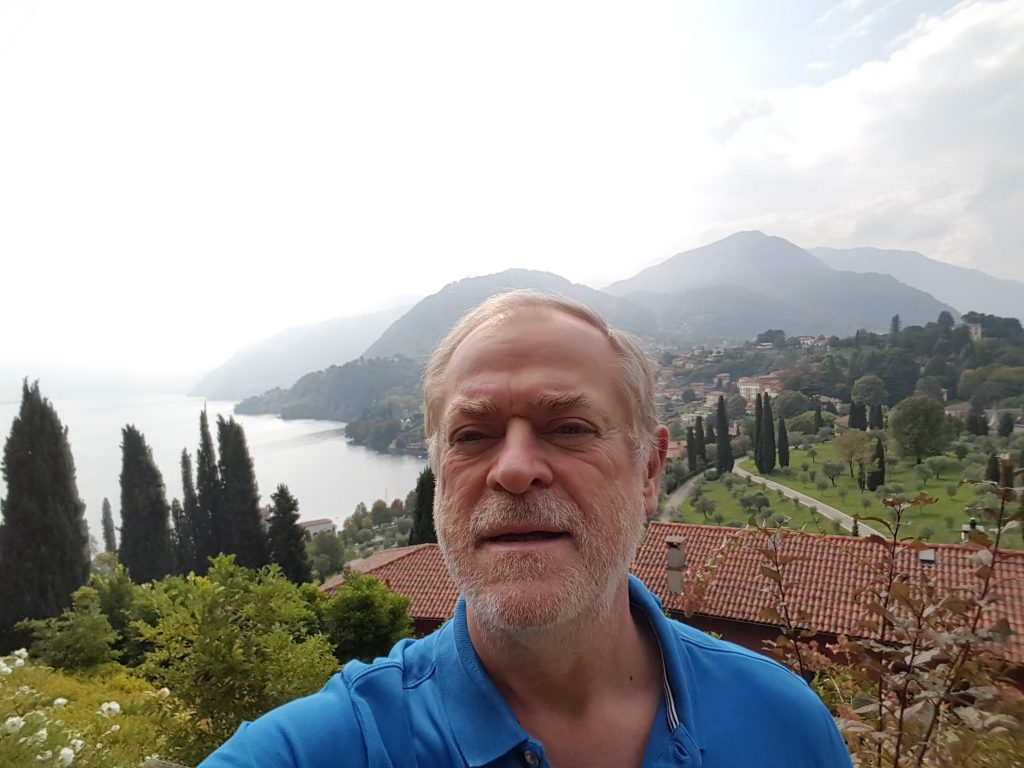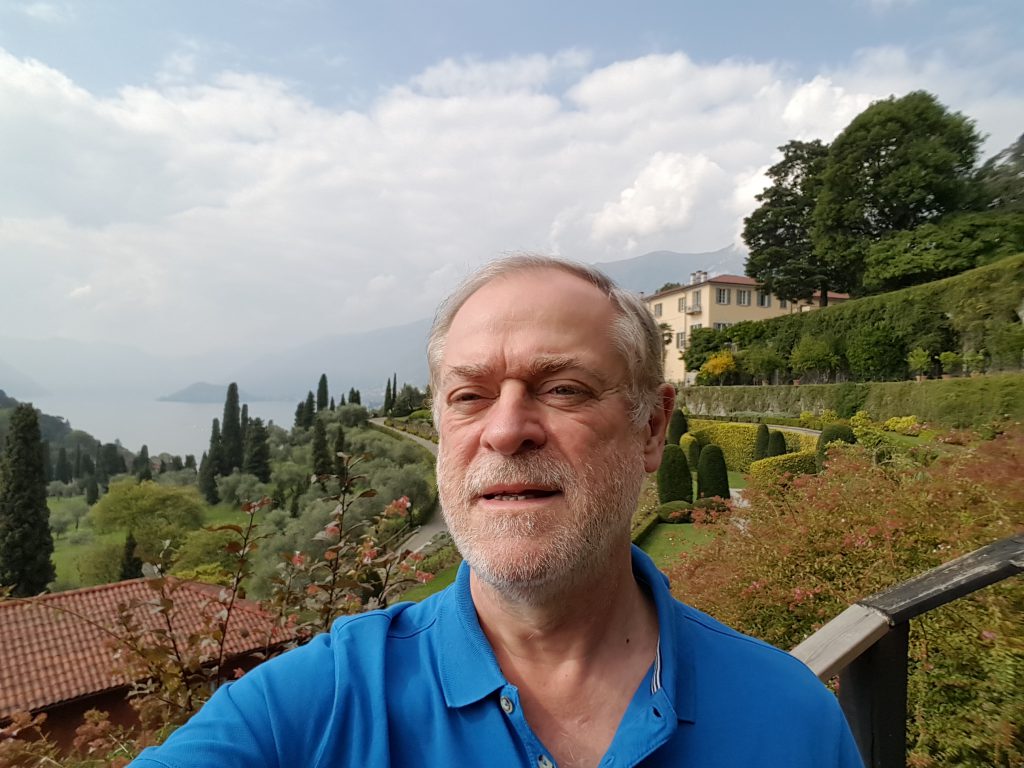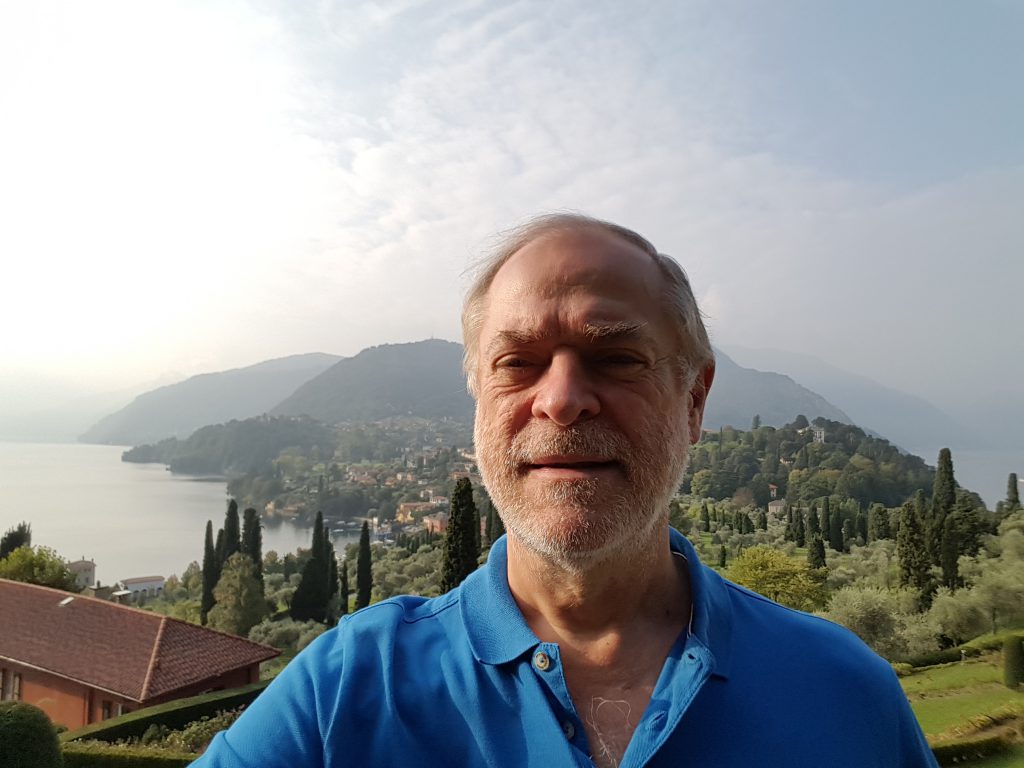Related to the interactions between media, populism and migration is a new Oxford University book also free access online, to which GLO President Klaus F. Zimmermann has contributed a chapter. See:
Zimmermann, Klaus F. (2019), Gaps and Challenges of Migration Policy Advice: The German Experience, in: Ruhs, M., Palme, J. and Tamas, K., Bridging the Gaps: Linking Research to Public Debates and Policy-making on Migration and Integration, Oxford University Press, Oxford 2019, pp. 111 – 126.
Zimmermann, who is now the George Soros Chair Professor at the School of Public Policy of the Central European University (CEU) in Budapest, has written most of the chapter during his tenure as a Rockefeller Foundation Policy Fellow 2017 in Bellagio/Italy.
“What is the use of research in public debates and policy-making on immigration and integration? Why are there such large gaps between migration debates and migration realities, and how can they be reduced?”
Bridging the Gaps: Linking Research to Public Debates and Policy Making on Migration and Integration provides a unique set of studies written by researchers and policy experts who were significantly involved in linking social science research to public policies.
“Bridging the Gaps argues that we must go beyond the prevailing focus on the research-policy nexus by considering how the media, public opinion, and other dimensions of public debates can interact with research and policy-processes.”
Oxford University Press
Table of Contents:
1. Introduction: Making Linkages Between Research, Public Debates, and Policies on International Migration and Integration – Martin Ruhs, Kristof Tamas and Joakim Palme
Part I: Linking Research, Public Debates, and Policy-Making
2. Research, ‘Experts’, and the Politics of Migration – Christina Boswell
3. Research-Policy Dialogues on Migrant Integration in Europe: The Impact of Politicization – Han Entzinger, Peter Scholten
4. Informing Realities: Research, Public Opinion, and Media Reports on Migration and Integration – Will Allen, Scott Blinder, Rob McNeil
Part II: National Experiences
5. Independent Experts and Immigration Policies in the UK: Lessons from the Migration Advisory Committee (MAC) and the Migration Observatory (MigObs) – Martin Ruhs
6. The Changing Relationships Between Research, Society and Policy in the Netherlands: Reflections on the WRR ‘Maxima Report’ – Monique Kremer
7. Investigating Immigration and the Sustainability of the Norwegian Welfare State: The Role of Government Commissions – Grete Brochmann
8. Gaps and Challenges of Migration Policy Advice: The German Experience – Klaus F. Zimmermann
9. The Politicization of Evidence-Based Policies: The Case of Swedish Committees – Kristof Tamas
10. Migration Research and Policy in the United States: Between Admissionists and Restrictionists – Philip Martin
Part III: International Experiences
11. Understanding the Role of Evidence in EU Policy Development: A Case Study of the ‘Migration Crisis’ – Elizabeth Collett
12. A Knowledge-Base for the EU External Migration Policy: The Case of the CARIM Observatories – Agnieszka Weinar
13. Metropolis and Post-Truth Politics: ‘Enhancing Policy Through Research’ – Howard Duncan
14. More Research and Fewer Experts: Global Governance and International Migration – Katy Long
Part IV: Conclusions, Lessons Learnt and the Way Forward
15. Bridging Research, Public Debates, and Policies on Migration and Integration: Lessons Learnt and Ways Forward – Joakim Palme, Martin Ruhs, and Kristof Tamas
LINK TO THE FULL MANUSCRIPT OPEN ACCESS.
RELATED TO THIS AND JUST ONLINE THESE DAYS TOO:
In its Winter 2019 issue of “The International Economy”, the Washington DC based magazine of international economic policy, has featured a prominent symposium of views on “Why is Populism on the Rise and What Do the Populists Want?”. Klaus F. Zimmermann, the President of the Global Labor Organization (GLO), had been also asked to contribute to this debate. The link to the full text of the symposium is here. Please find the contribution of Zimmermann also HERE.
Ends;




